Where does a story end, and a lie begin?
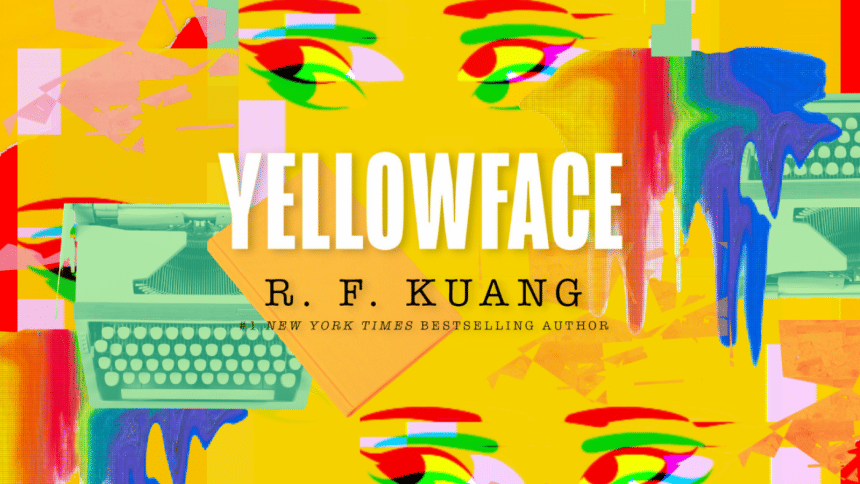
I have long held the opinion that gossip and internet drama are like popcorn for the soul: it's tasty, addictive even, but gives you no nutrition. Of course, I too read gossip from the sidelines: who doesn't love watching someone high and mighty fall from grace, especially when you have no stake in their affairs? But to transmute the vapid airs of gossip into a surgical knife and use it to peel back the worst aspects of people and society requires a special kind of skill. It is here where you see the genius of RF Kuang, in her debut literary fiction novel, Yellowface (HarperCollins, 2023).
Yellowface follows June Hayward, literary nobody, and best friend of Athena Liu, publishing's Next Big Thing. When Athena dies in an accident, June finds herself pocketing a draft of Athena's next project and working on it as an homage to her friend. Thus begins the web of lies that June cocoons around herself to justify her actions—a Shakespearean tale of ambition, hubris, and self deceit set amidst the backdrop of the modern publishing industry and its obsessed internet followers. Through its 300 pages, Kuang exposes the performative nature of anti-racism in publishing: showcasing the boxes that people of colour get put in and how difficult it is for them to be heard.
I compare Yellowface to gossip because it very much follows internet gossip. Significant portions of the narrative are set within online spaces—Twitter mobs and blog posts—and the prose itself is chatty. This is a feature, not a bug, and it makes the book infinitely more readable and accessible. Underneath all that gossip, however, is a discussion about racism, ownership, cultural appropriation, and cancel culture. Our cultural backgrounds are so deeply connected with the stories we tell and how we tell them; Kuang's deep understanding of this elevates the book from a preachy, dense discussion into a well illustrated, nuanced thought experiment. All the while, Kuang makes Yellowface a joy to read, and proves that you do not need a likeable protagonist to make a compelling story, for June is such a terrible character that one keeps reading out of the sheer schadenfreude of watching her dig her hole deeper.
But June's awfulness does not make her unrelatable. Too often, we think that societal evils such as racism come in the form of Big Evil People—Hitlers and Trumps—and we forget that even the most well meaning of us can, in our day to day life, hurt others just as much. We all know a June, or, in our worst moments, are June. The way Kuang writes about the white establishment of publishing and its players is terrifying, for it is bland and banal. Racism isn't just the unequal incarceration of Black people, it is also June insisting that she isn't racist because she voted for Obama and Biden, immediately before scoffing at Chinese food, and ridiculing a Chinese funeral.
Many critics have commented that Kuang's messaging is too on the nose. It was criticism also levied against her previous novel, Babel (HarperCollins, 2022), which explores the racism and politics of translation by looking at Britain's colonial history through the lens of fantasy. Kuang's body of work thus reads to me like a conversation on how racism has both evolved and stayed the same across time. While Babel critiqued the far reaching legacy of imperialism, and was more blatant in its depictions of racial violence, Yellowface, while never reaching the highs of Babel, is still a gripping book that evolves with the times it depicts to critique racism via microaggressions. It unpacks the way we perpetuate systems that remain today to benefit the white (wo)man. Through the guise of fantasy and literary fiction, Kuang seems to be inviting readers who shy away from nonfiction into difficult conversations and uncomfortable self reflections on race and privilege. In my experience, having lived in majority white cities for a large portion of my life, people with privilege will go to extreme lengths to deny its subtle upward push within their daily lives. When confronted, defences go up, and only clever conversation can break through their denial. If Kuang's intention is for readers to confront their biases, then "too on the nose" may still not be direct enough.
Yaameen Al-Muttaqi works with robots and writes stories of dragons, magic, friendship, and hope. Send him a raven at [email protected].

 For all latest news, follow The Daily Star's Google News channel.
For all latest news, follow The Daily Star's Google News channel. 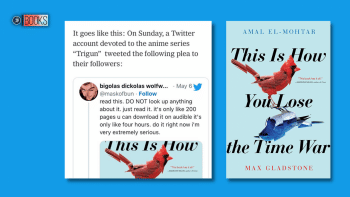
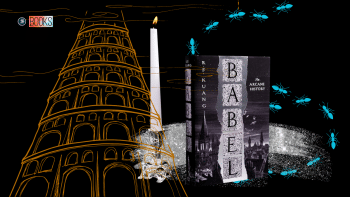



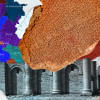
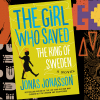


Comments